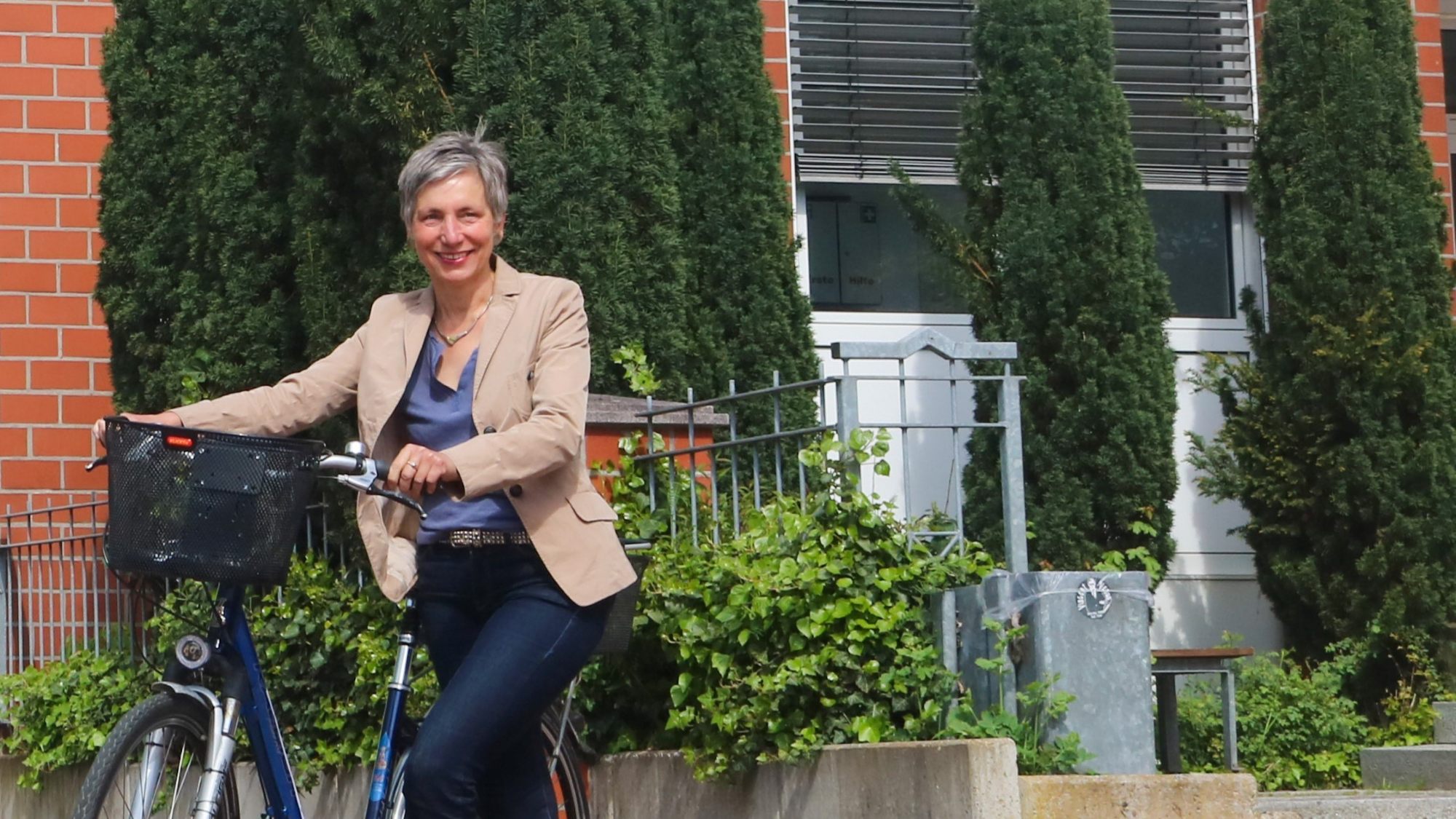
© Ingrid Darmann-Finck/ Universität Bremen
Sustainability and Climate Justice for a Healthy Future
What does sustainability mean for healthcare, the economy, and sports? The health sciences are investigating this question
This winter semester, a series of discussions will examine ways to make the healthcare system more sustainable. The series is organized by the Sustainability, Climate Justice, and Climate Neutrality Initiative (NKK) of Faculty 11 (Human and Health Sciences) at the University of Bremen. up2date. spoke to Professor Ingrid Darmann-Finck about the idea behind this series.
How are health and ecological sustainability connected?
Ingrid Darmann-Finck: Climate change and other environmental strains, such as air pollution, have adverse effects on human health, as they result in illnesses and increases in mortality. The effects are most pronounced for society’s most vulnerable members and can lead to higher health disparities. At the same time, the heath sector itself has a contributing role in this situation with its water and energy consumption and medical waste. Members of our faculty are approaching this from both angles and are looking for research-based approaches to preventing health issues, towards reducing health inequalities, and to reducing the environmental impact of the health sector.
The topics of the discussion series are quite varied, including ecology in the healthcare sector, sustainable economics, and sustainably encouraging physical exercise – what are the common challenges you see?
Ingrid Darmann-Finck: In Faculty 11’s Sustainability, Climate Justice, and Climate Neutrality Initiative, we are guided by a broad understanding of sustainability, similar to that expressed in the United Nations’ Sustainable Development Goals. Accordingly, we consider sustainability in terms of its social, economic, and ecological facets. We define sustainability as a responsible and equitable use of available resources that doesn’t compromise the prosperity of future generations. Taking all of these aspects into account also opens up a discussion about potentially competing goals, for instance, ecological sustainability and social justice. This broad understanding is reflected in the topics we selected. For this series, colleagues in Faculty 11’s Health Sciences high-profile area either present the results of their research or moderate contributions from colleagues of other institutions related to sustainability in the context of health.
What is the target audience for this series?
Further information
Ingrid Darmann-Finck: The series is primarily geared towards the general public, and of course University of Bremen students and staff. We would like to make the scientific results of the work in our faculty and high-profile area available to the public, provide a forum for discussion and sharing ideas, and provide food for thought about taking action in a reflected, sustainable manner.
The lecture series “Gesunde Zukunft: Nachhaltig und Klimagerecht (in Bremen)” (Sustainability and Climate Justice for a Healthy Future (in Bremen)) has been organized by Faculty 11’s Sustainability, Climate Justice, and Climate Neutrality Initiative (NKK) and the Health Sciences Bremen high-profile area. All information about this semester’s program is available on the website (in German only).